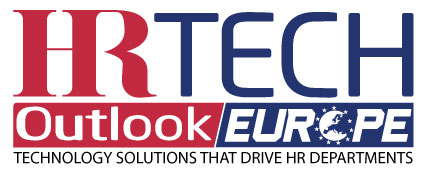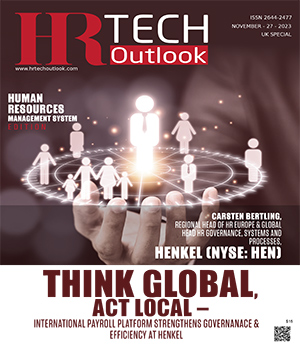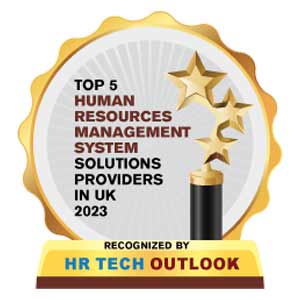In the dynamic landscape of European business, Human Resources Management Systems (HRMS) have undergone a transformative evolution. The latest trends in HRMS in Europe reflect a paradigm shift from traditional administrative functions to a more holistic approach centered around employee empowerment, well-being, and datadriven decision-making.
One of the notable advancements in HRMS across Europe is the integration of cutting-edge technologies such as artificial intelligence (AI), machine learning, and data analytics. These technologies have revolutionized HR processes, enabling organizations to streamline recruitment, optimize talent management, and enhance employee engagement. AI-powered tools are being utilized for candidate screening, leveraging predictive analytics to identify the best-fit candidates, thereby saving time and resources for HR professionals.
In line with the growing emphasis on employee well-being, European organizations are leveraging HRMS to prioritize mental health support, work-life balance, and diversity, equity, and inclusion (DEI) initiatives. These systems incorporate modules dedicated to wellness programs, feedback mechanisms, and personalized learning paths, fostering a culture of continuous improvement and inclusivity within the workplace.
Legislation such as the General Data Protection Regulation (GDPR) has significantly impacted HRMS in Europe, emphasizing data privacy and security. Companies have adapted their HR systems to comply with stringent data protection laws, ensuring transparency and accountability in handling sensitive employee information.
However, amidst these advancements, ethical considerations regarding data usage, inclusivity, and the human-centric approach in HRMS deployment remain critical. Organizations need to strike a balance between leveraging technology for efficiency and ensuring that the human aspect of HR – empathy, understanding, and personalized support – remains at the forefront.
The latest developments in HRMS in Europe reflect a shift towards a more people-centric approach, leveraging technology to enhance employee experiences, drive productivity, and support organizational goals. As the HR landscape continues to evolve, the key lies in embracing innovation while upholding ethical and humanistic values in managing the workforce.












